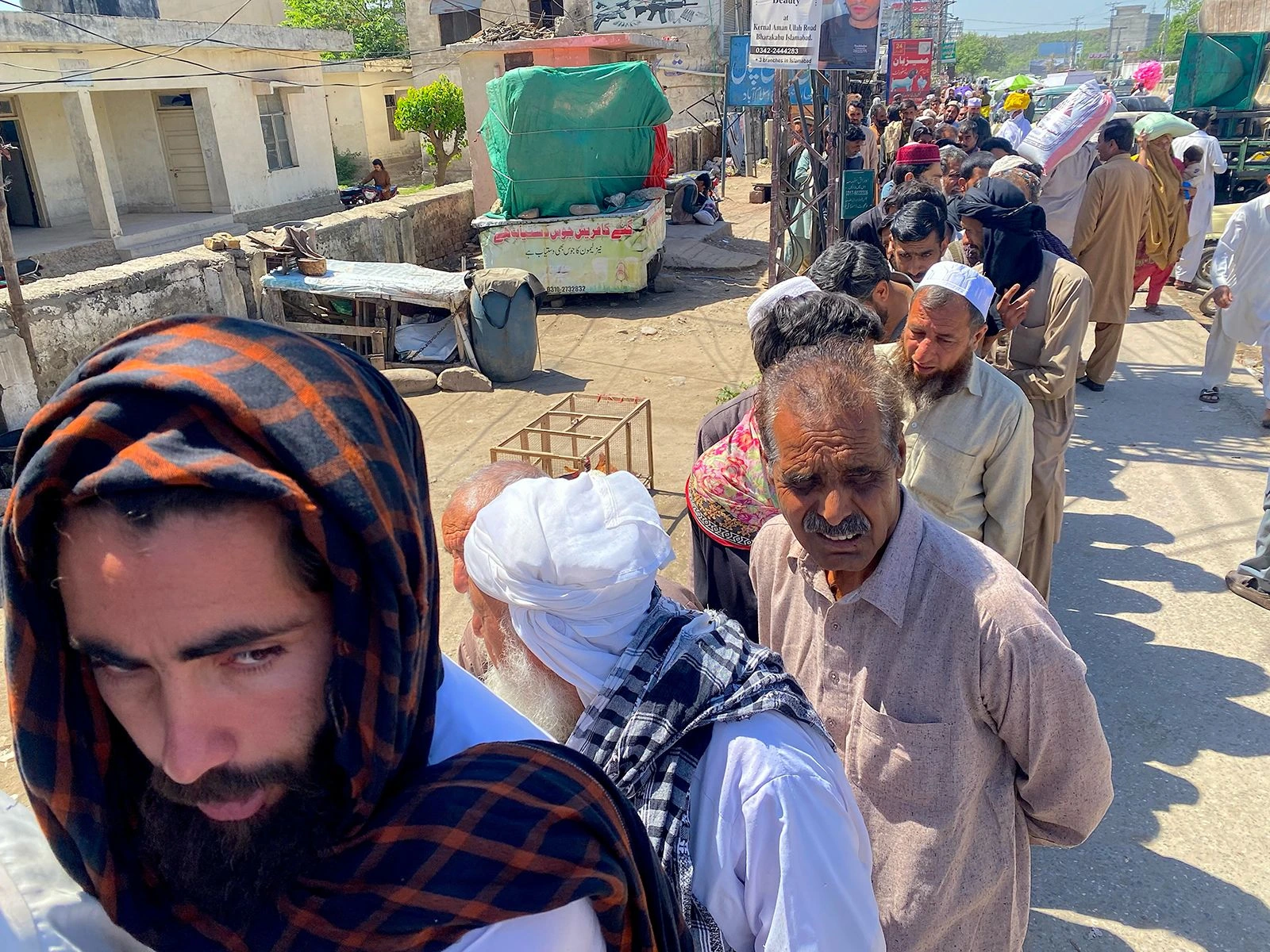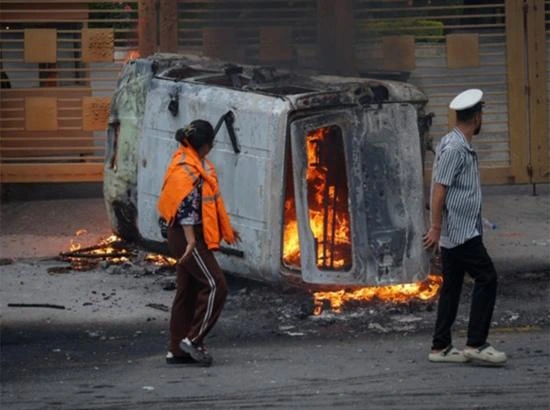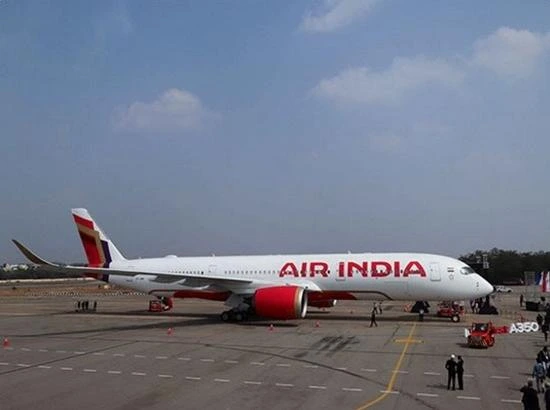08-JULY-2025,07:00 PM In recent weeks, the bustling metropolis of Karachi has been gripped by an escalating crisis—one that goes beyond the mere absence of fuel. A severe gas shortage has left households and businesses across the city struggling to cook food, heat water, or keep industries running. More than a temporary inconvenience, the situation paints a grim picture of a government struggling to fulfill the basic needs of its citizens.
Karachi : Struggles Amid a Deepening Energy Crisis
Karachi, Pakistan’s largest city and commercial hub, has long faced challenges in infrastructure, law and order, and governance. However, the current gas shortage has created an atmosphere of desperation. With natural gas reserves depleting and no coherent long-term energy policy, the crisis has laid bare the vulnerabilities of millions of Karachiites.
From long queues outside LPG stations to households relying on firewood for cooking, residents say they are being forced back to a primitive standard of living. For a city that drives Pakistan’s economy, this descent into energy poverty signals a deeper systemic failure.
Karachi :The Gas Shortage: What Went Wrong?
Karachi : Chronic Mismanagement and Infrastructure Collapse
For years, energy experts have warned about Pakistan’s overreliance on domestic gas reserves without sufficient investment in new extraction or alternate energy sources. The failure to diversify has now caught up with the nation.
In Karachi, where winters are typically mild, the shortage has impacted not just heating but daily food preparation. Women in many low-income neighborhoods report skipping meals or using hazardous methods like burning plastic or rubber for fire. Many residents claim that utility companies provide gas for only an hour or two each day, without warning or explanation.
Inefficient Imports and Delayed LNG Deals
Pakistan had previously turned to liquefied natural gas (LNG) imports to supplement local supply. But recent delays in government tenders, compounded by the global rise in LNG prices, have left the country unable to procure sufficient quantities.
Critics argue that mismanagement at the federal level, especially by energy ministries and state-run gas companies, is to blame. Karachi’s residents are bearing the brunt, even as officials in Islamabad struggle to explain the shortages.
Voices from the Ground: Karachi Residents Speak Out
“We Can’t Cook for Our Children”
Residents of Lyari, Korangi, and Malir—some of Karachi’s poorest areas—have staged street protests, blocking roads and shouting slogans against the Sui Southern Gas Company (SSGC) and the provincial government. Women carrying empty gas cylinders have become a regular sight at press conferences and rallies.
“We’re not asking for luxuries,” said Zubaida, a 36-year-old housewife from Orangi Town. “We just want to be able to feed our children. Even boiling water is a challenge now.”
Restaurants and Small Businesses on the Brink
It’s not just homes that are affected. Karachi’s famous eateries and small bakeries are also facing collapse. The lack of consistent gas supply means many can’t operate their ovens or stoves during business hours, leading to lost revenue and layoffs.
“Karachi thrives on its street food,” said Rafiq, owner of a small BBQ shop in Saddar. “Now, we’re forced to close shop early or serve half the menu. Some days, there’s no gas until midnight.”
Government Response: Too Little, Too Late
Patchwork Solutions and Political Apathy
The federal government has promised “load management plans”, but these have failed to materialize. Instead of equitable distribution, some neighborhoods receive no supply for days, while others in upscale areas see minimal impact. This disparity has deepened public resentment.
Karachi’s local government, under both provincial and city administration, appears ineffective and uncoordinated, issuing conflicting statements and failing to provide relief measures. No emergency fuel provision system or subsidies have been introduced to help families cope.
Energy Experts Sound the Alarm
Experts warn that without drastic reforms, the current crisis could turn into a long-term humanitarian disaster. A recent report by the Pakistan Energy Council noted that unless LNG terminals are expanded, and new pipelines built, urban centers like Karachi will remain at the mercy of gas shortages year after year.
Dr. Anwar Memon, an energy policy analyst, remarked, “Karachi’s crisis is the outcome of decades of neglect. No city with a population of 20 million should be cooking with firewood in 2025.”
Social and Health Consequences
Carbon Emissions and Indoor Pollution on the Rise
Increased use of wood, coal, and plastic for cooking has sparked concern among environmental groups. Indoor air pollution is rising, especially in densely populated areas where ventilation is poor.
Health officials in Karachi’s Civil Hospital have reported a spike in respiratory illnesses, especially among children and elderly patients. The use of kerosene stoves and makeshift burners is exposing families to toxic fumes, adding another layer of crisis to an already fragile healthcare system.
What’s Next for Karachi?
Is There a Way Forward?
Karachi’s citizens are demanding long-term solutions, not just temporary band-aids. These include:
-
Investment in renewable energy infrastructure
-
Reforms in gas import and distribution policies
-
Localized solutions like community kitchens or gas cooperatives
-
Greater transparency and accountability from public utility providers
Some grassroots organizations are stepping in to fill the void. NGOs like the Karachi Relief Collective are distributing food packets and clean cooking kits in affected neighborhoods. But without state support, these efforts remain limited in scope.
Conclusion: A City at Breaking Point
What’s happening in Karachi today is not merely a gas crisis—it is a humanitarian issue born from policy failure, poor planning, and political indifference. It highlights the urgent need for governments at all levels to treat energy not as a luxury, but as a basic human right.
As Karachiites struggle to keep their homes warm and their children fed, the rest of the country—and indeed, the world—should take notice. For the city that never sleeps, the lights are dimming, and the hunger is growing. The time for change is now.
Source : ANI





